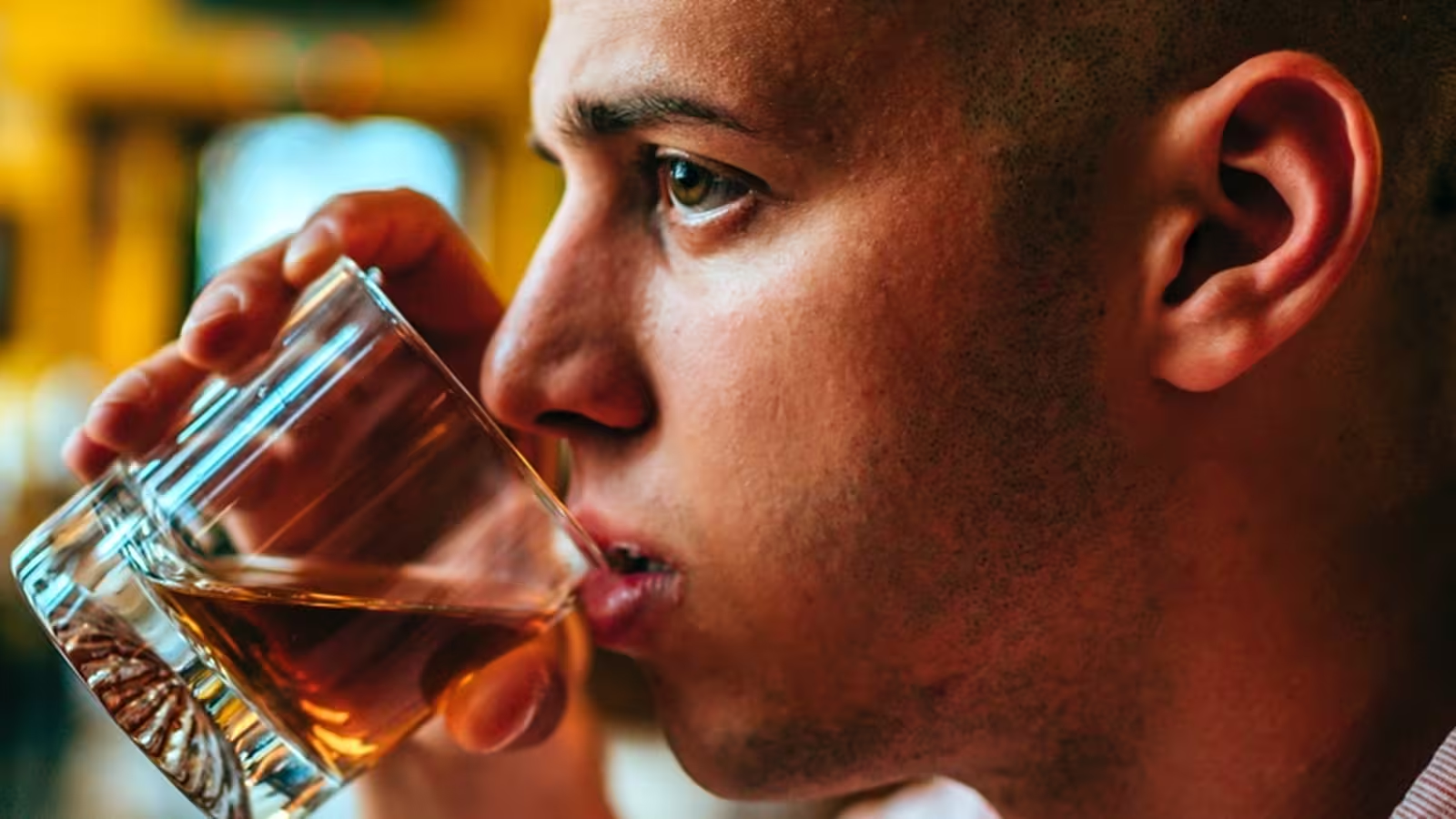5 Minutes
Recovering from an injury demands more than just time, rest, and rehabilitation. One factor often overlooked in recovery plans is alcohol consumption. High-profile athletes like England’s cricket captain Ben Stokes have gone so far as to abstain from alcohol during healing periods, aiming to accelerate their return to peak performance. New scientific research provides compelling evidence that even moderate alcohol intake can significantly delay recovery after injuries—affecting everything from muscle and tissue repair to hormonal balance.
The Role of Alcohol in Injury Recovery: A Scientific Perspective
The human body relies on a complex interplay of physical processes to regenerate and heal after trauma, whether it’s a sports injury, surgery, or other physical damage. When alcohol enters the equation, it disrupts these intricately balanced systems, prolonging recovery and increasing vulnerability to complications. The negative impact of alcohol on rehabilitation is supported by a growing body of clinical studies and medical evidence.
Five Critical Ways Alcohol Impedes Injury Healing
1. Compromising Immune Defense and Tissue Repair
Alcohol can impair the immune system’s ability to mobilize repair mechanisms at the site of injury. Immune cells, responsible for clearing away damaged tissue and initiating healing, become less effective under the influence of alcohol. This not only slows muscle, tendon, and ligament regeneration, but also extends the period of inflammation, swelling, and pain. Heavy drinking—typically defined as consuming more than four or five drinks in a single sitting—can severely suppress immune function, leaving the body more susceptible to infections and delaying healing for several days. Even a few drinks can slow tissue repair and increase swelling.
2. Hindering Muscle Protein Synthesis
Recovery from muscle injuries relies on the body’s ability to synthesize new muscle proteins, repairing and strengthening damaged muscle fibers. Clinical trials have demonstrated that even moderate alcohol consumption dampens this process. Muscle protein synthesis may be reduced by up to 37% for 24 to 48 hours after drinking, leading to persistent weakness, soreness, and a heightened risk of further injury.

3. Slowing the Healing of Bones and Connective Tissues
Bones, tendons, and ligaments send chemical signals that activate the body’s natural repair responses following trauma. Alcohol disrupts these signaling pathways and interferes with normal recovery. The result is slower healing, increased swelling, and more extensive scarring. For example, bone fractures may take one to two weeks longer to mend when alcohol is present, and recovery from common sprains or strains can be delayed by several weeks.
4. Altering Hormonal Balance Essential for Recovery
Hormones such as testosterone and growth hormone are vital for tissue regeneration and muscle growth. Alcohol consumption can suppress these hormones, diminishing the body’s ability to rebuild after injury. At the same time, alcohol elevates levels of cortisol—the primary stress hormone. Cortisol shifts the body into a heightened state of alert, mobilizing energy but reducing resources available for healing. Extended periods of high cortisol also promote the breakdown of healthy muscle, further stalling recovery and impairing physical performance.
5. Increasing the Likelihood of Re-Injury
Smooth and coordinated movement requires accurate communication between the brain and the musculoskeletal system. Alcohol, even in moderate amounts, can impair this communication, reducing balance, slowing reaction times, and increasing the probability of accidental re-injury. Subtle deficits introduced by alcohol may last for days, leaving athletes and active individuals at greater risk during the crucial recovery window.
Evidence-Based Guidelines for Alcohol and Rehabilitation
Ongoing research in sports medicine and physiology is clear: there appears to be no safe minimum for alcohol consumption during recovery. Both binge drinking (large quantities over short periods) and regular moderate intakes can disrupt multiple aspects of healing. The cumulative effect contributes to suboptimal outcomes, whether the goal is to return to professional athletics or simply regain day-to-day function.
The decision of English cricketer Ben Stokes to abstain from alcohol during a serious injury recovery period is supported by this evidence. His approach reflects a commitment to evidence-based best practices—which anyone recovering from an injury can consider emulating.
Implications for Athletes and Active Individuals
From elite professionals to recreational enthusiasts, the principle is the same: each drink has the potential to set back recovery. Even small quantities of alcohol can accumulate negative effects, interfering with the sophisticated biology of healing. This is especially critical for those eager to return to physical activity or competition quickly and safely.
Conclusion
Science now provides strong evidence that abstaining from alcohol during injury recovery is among the most effective steps individuals can take to support the healing process. The physiological effects of alcohol—ranging from immune suppression and slowed tissue repair to hormonal disruption and impaired coordination—can all contribute to longer, less complete recoveries. For those prioritizing a swift and full comeback from injury, the recommendation is clear: the less alcohol consumed during rehabilitation, the better. Ultimately, whether you are an athlete or simply healing from a physical setback, skipping that drink can make a real difference in your journey toward optimal health.
Source: theconversation



Comments